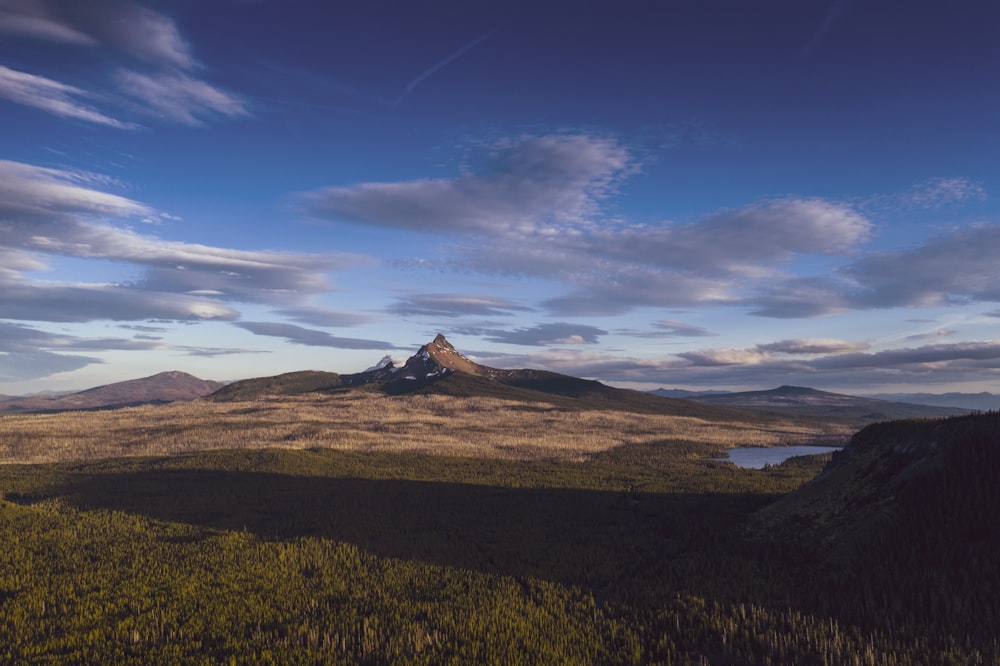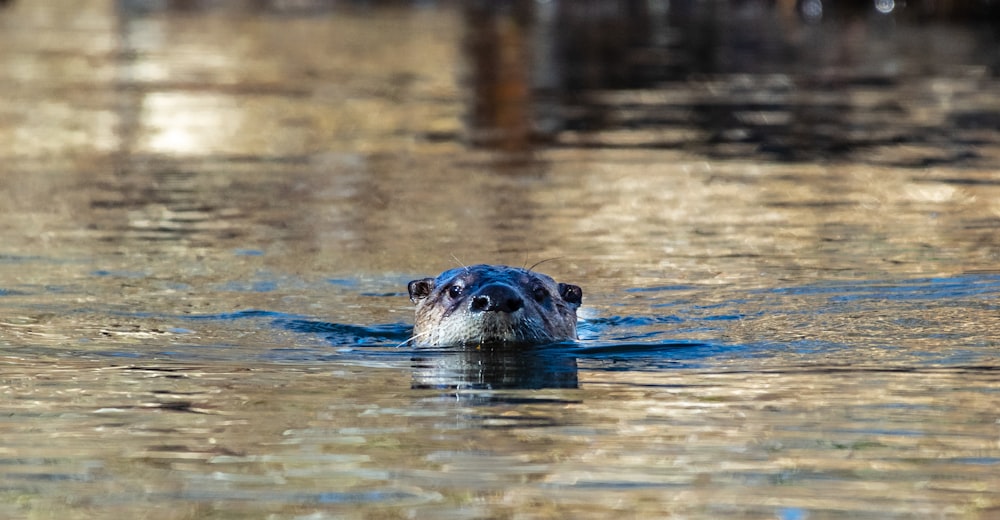 When I tell people I am from Oregon, there is an assumption that comes along with it. Oregon is the wild west, where even still, you will seldom find a resident who isn't connected somehow to the land, adventuring and camping in the great outdoors, and living a sort of home-spun life. All of these attributes, one could argue, are tied up in the rich history of pioneers who trekked the 2,170 mile trail from eastern settlements to make a new life in the west. The westward expansion of the united states was catalyzed by several movements such as the need for caretakers of Oregon and Californian land, a desire to acquire and trade resources such as fur and spread ideas and religion into the largely unsettled western parts of the U.S.
When I tell people I am from Oregon, there is an assumption that comes along with it. Oregon is the wild west, where even still, you will seldom find a resident who isn't connected somehow to the land, adventuring and camping in the great outdoors, and living a sort of home-spun life. All of these attributes, one could argue, are tied up in the rich history of pioneers who trekked the 2,170 mile trail from eastern settlements to make a new life in the west. The westward expansion of the united states was catalyzed by several movements such as the need for caretakers of Oregon and Californian land, a desire to acquire and trade resources such as fur and spread ideas and religion into the largely unsettled western parts of the U.S. The first group of people to take the year long journey west to Oregon were fur trappers. Their aim was simple and relied on the resource of our furry Oregon friends' ancestors such as beavers and foxes. They sold these furs as a commodity and made a living doing so in the early years of the Oregon Trail. The California Gold Rush was also a great pull in the migration westward.
The first group of people to take the year long journey west to Oregon were fur trappers. Their aim was simple and relied on the resource of our furry Oregon friends' ancestors such as beavers and foxes. They sold these furs as a commodity and made a living doing so in the early years of the Oregon Trail. The California Gold Rush was also a great pull in the migration westward.The fur trappers were followed by missionaries who would be crucial deliverers of information to pioneers taking the journey later by a combination of horse-drawn covered wagons and by foot. Among the most noteworthy missionaries were Marcus and Narcissa Whitman who landed eventually in Walla Walla Valley Washington (now home to the selective accredited liberal arts institution, Whitman College).
So, the Oregon trail brought a disparate group of folks from many different places (often beginning their collective route in Missouri) to the 'Oregon Territory' established by the Oregon and Washington Treaties in the 1800s. From this time on, in Oregon, many settled in Salem which is now our capital. Salem was founded in 1842 after Jason Lee rediscovered this territory which was formerly known as the Calapooya Indian village.